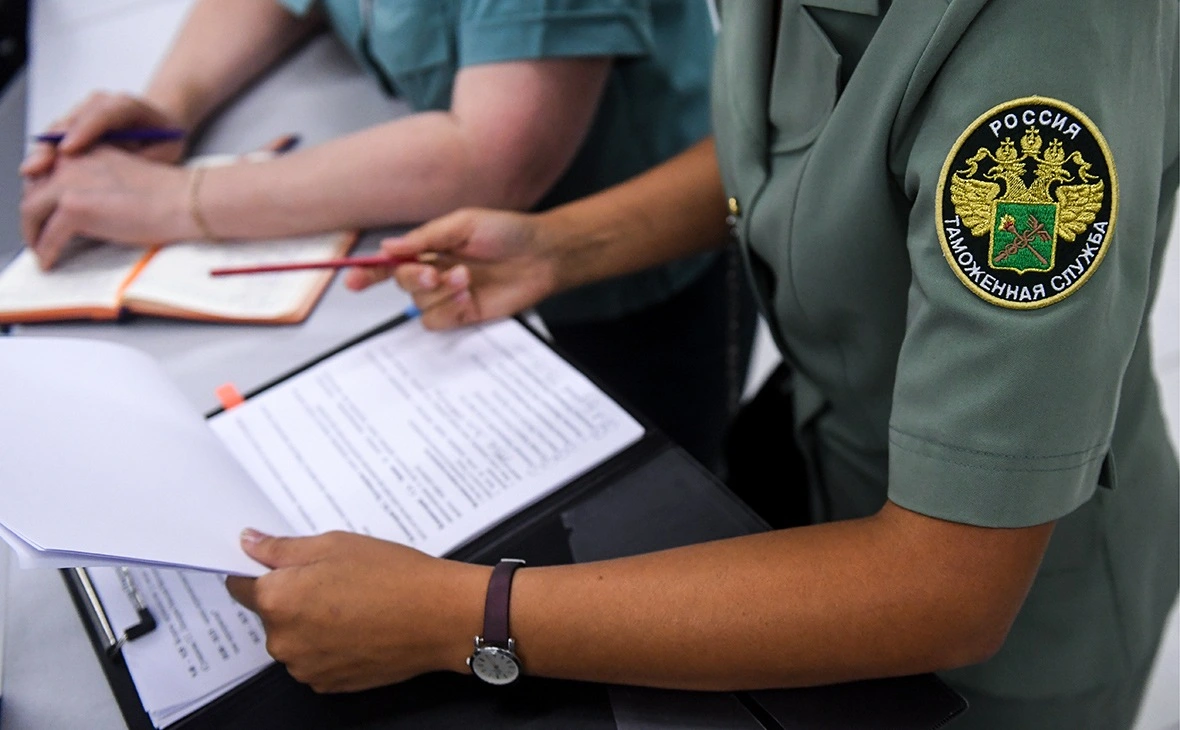
How to reduce the cost of exported goods by 30% using customs procedures

You can save up to 30% on the export of goods by applying the customs procedure of processing in the customs territory. This was stated by Irina Kashirina, Director for Foreign Trade Support and Customs Administration of the REC, during the open dialogue “Improving the competitiveness of Russian exports: we apply the procedure for processing goods in the customs territory.” It took place at the International Export Forum “Made in Russia”. At an event organized by the Russian Export Center (VEB Group.Russian Federation) told about the application, features and advantages of this procedure.
“Processing of goods in the customs territory is a customs procedure designed to support exports. Unfortunately, few companies that supply their goods outside the EAEU know about it. The main advantage of this procedure is that the company can use imported raw materials and components for the production of products intended for export, without paying import customs duties and taxes. In addition, most non–tariff settlement measures are not applied to imported goods,” Irina Kashirina explained.
Companies are often forced to use foreign raw materials, materials and components in order to produce products that are competitive on the foreign market. The customs procedure of processing in the customs territory allows Russian companies not to pay VAT, as well as customs duties when importing foreign components and raw materials. Another advantage of this procedure is that such exemption from taxes and duties refers to those rare types of benefits that are not financial subsidies and do not entail the risks of taking compensatory measures in importing countries (within the WTO). The financial state support that exporters receive is not protected from such risks.
- Chinese banks have started blocking payments from Russia for electronics 12.04.2024г.
- A number of major Chinese banks have stopped accepting payments from Russia in yuan 21.03.2024г.
- A new “Chinese shock” was predicted for the world 04.03.2024г.
- Turkey has solved the problem of paying for exports to Russia for four industries 24.01.2024г.
- Chinese banks have stopped making payments in dollars with Russia 19.01.2024г.